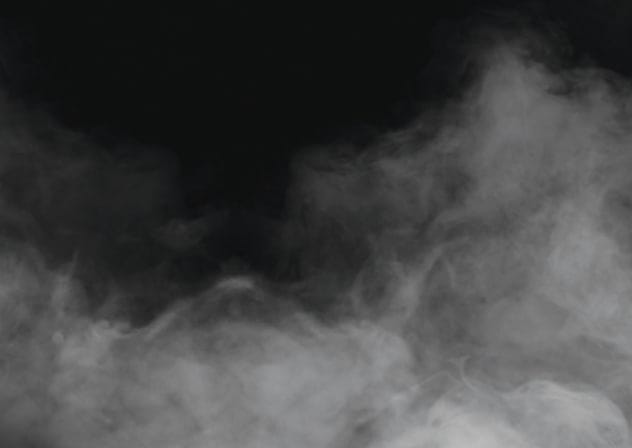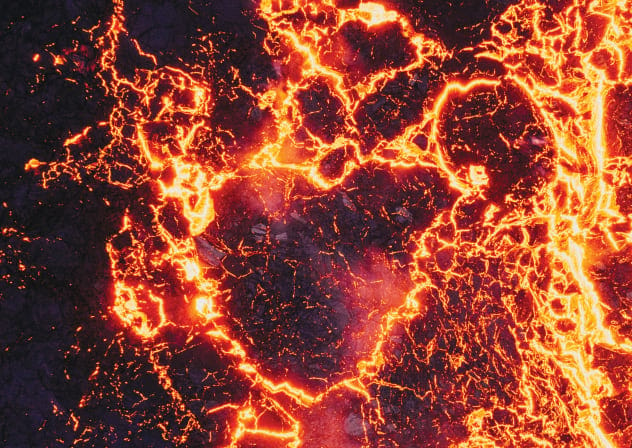Purim 2026: Celebrating with faith, fun, and resilience through the years
From childhood groggers to Israel today, Purim reminds us of courage, joy, and the enduring fight against life’s Hamans.

From childhood groggers to Israel today, Purim reminds us of courage, joy, and the enduring fight against life’s Hamans.




Loyalty to a path means saying, “I belong. Sometimes I will fail, sometimes I will err, but I am all in.” This is completely different from saying “I like this, but I don’t like that.”

God’s will does more than guide individual behavior. It provides direction for building societies grounded in justice and compassion.
Moses understood that genuine service of God is not found in thunder and lightning but rather in the place of fog, confusion, and lack of clarity.

Whenever people are convinced that they are acting in the name of higher goals – especially when they believe they are serving God – moral boundaries become fragile.

The mitzvah of honoring one's parents is not a narrow religious demand but a foundational moral duty.

A segment of Israeli society – largely comprising traditional, Religious-Zionist, and secular Jews – carries the overwhelming weight of military service.

Recounting for the first time the story of an entire people who, after long years of harsh and grueling bondage, emerge into freedom.

Empires crumble, pain persists, yet Israel survives; Jeremiah’s words offer reassurance across generations.

'The Protocols of the Elders of Zion' was a crude forgery that peddled the myth of a clandestine Jewish cabal manipulating institutions under the guise of doing good.

Keeping promises is the foundation of trust between people, of educating children, and of building a moral future.
